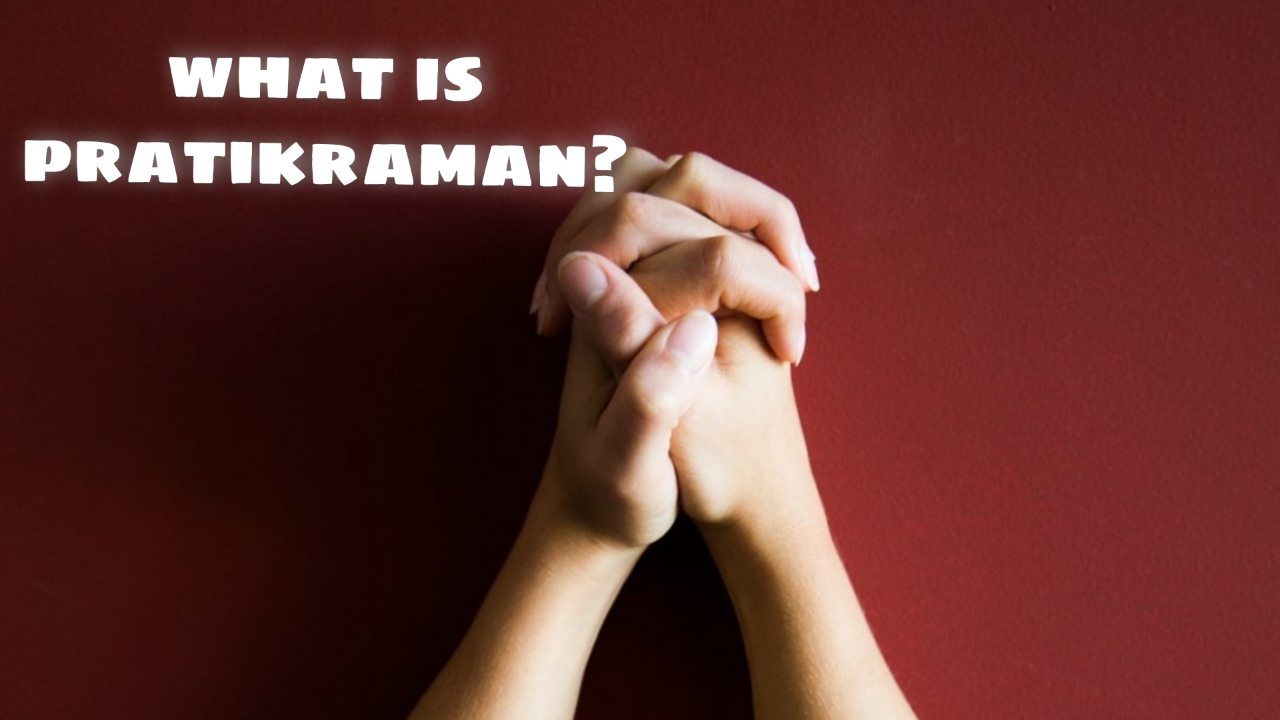

The soul, according to Jainism, has unlimited perception, knowledge, and vitality, and is non-attached in its pure form. Because a worldly soul is tainted by karmas, these qualities are not visible. Jains believe that through following religious principles and actions, they can conquer karmas and promote soul liberation. There are several ceremonies, the most important of which is Pratikraman. Jains repent for non-meritorious deeds on a daily basis at pratikraman. They recognize their errors and seek forgiveness, which helps them to reduce the severity of their karmas while also removing karmic bondage.
Jains believe that they can lessen their karmic bondage to their soul and avoid committing the same sins again. They believe that if they do not repent for their crimes at least once a year, the karmas’ link to the soul will become harsh and even more difficult to break. In actuality, pratikraman should be done as soon as one recognises, he or she has committed a sin.
Pratikraman is made up of two words: Pra, which means return, and atikraman, which means violation. It literally means “coming back from the violations.
“Samayik (state of total equanimity), Chauvisantho (honouring the 24 Tirthankaras), Vandana – (offering salutations to sadhus (monks) and sadhvis (nuns)), Pratikramana (introspection and repentance), Kayotsarga (soul meditation), and Pratyakhyan are the six avashyakta (essential rituals) that make up Pra (renunciation).
Devout Jains frequently conduct Pratikraman at least twice a day, though the frequency of repentance varies. Both svetambara and Digambara monks have it as one of their 28 primary qualities (mla gua).
Pratikraman is commonly performed twice a day: once in the morning (Raisi Pratikraman) to atone for any wrongdoings committed during the night, and once in the late evening (Devasi Pratikraman) to atone for any wrongdoings committed during the day. Those who are unable to do daily pratikraman are required to perform a Pakshik (fortnightly) Pratikraman every fifteen days. Some people who can’t even find time for it; they should complete a Chaumasi (quarterly) Pratikraman every four months instead. If not, Samvatsari (yearly) Pratikraman, which is regarded as a requirement for every Jain, must be performed once a year.
Today, we will look at three common mistakes couples make in their relationships regarding intimacy…
In this article, we will learn about the simple ways that can help one overcome…
Check out the list of couples' biggest relationship mistakes in this article.
In this article, we will learn about anxiety and how one can handle it in…
In this article, you will understand the horrifying effects of child abuse.
Here, check out the ways to find peace amidst personal life chaos